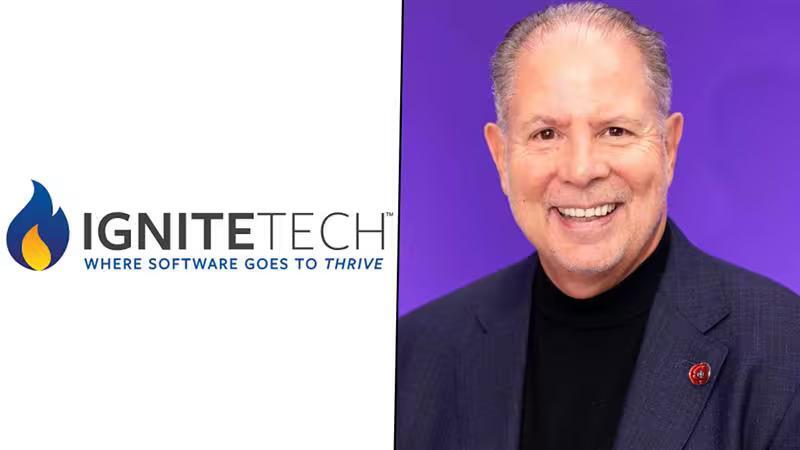
IgniteTech CEO Eric Vaughan Replaces 80% Staff with AI: A Revolutionary Move or a Recipe for Disaster?
In a shocking move, Eric Vaughan, the CEO of US-based IgniteTech, has revealed that he laid off 80% of the company’s staff, replacing them with artificial intelligence (AI) systems. This unprecedented decision has left many in the tech industry reeling, with questions being raised about the future of human employment in the face of rapidly advancing AI technology.
According to reports, Vaughan made the announcement without providing any specific numbers of employees affected by the layoffs. The news was met with a mix of reactions, ranging from interest and curiosity to concern and alarm. While some see this move as a bold and innovative step forward, others are worried about the implications for human workers and the potential consequences for the job market.
So, what drove Vaughan to make this drastic decision? In an interview, he revealed that the AI systems were chosen because of their ability to learn slowly, unlike human employees who require extensive training and development. This, he believes, will enable the company to streamline operations, reduce costs, and increase efficiency.
Vaughan’s decision to replace 80% of his staff with AI is not without precedent. In recent years, we have seen numerous instances of companies incorporating AI into their operations, often with the aim of reducing labor costs and increasing productivity. However, this move is unprecedented in its scale and scope.
One of the most significant concerns surrounding this decision is the potential impact on human workers. With AI capable of performing tasks previously handled by humans, many jobs are at risk of being automated. This raises questions about the future of employment and the role of human workers in the job market.
While AI has the potential to revolutionize numerous industries, it also poses significant challenges for workers who may find themselves displaced by automation. As we continue to see more and more companies incorporating AI into their operations, it is essential that we develop strategies to support workers who may be affected by these changes.
Another concern surrounding Vaughan’s decision is the potential consequences for society as a whole. As AI becomes increasingly prevalent in the job market, we may see a widening of the wealth gap between those who own and operate AI systems and those who do not. This could lead to a society where a small elite controls the majority of the wealth, leaving the rest to struggle to make ends meet.
On the other hand, proponents of AI argue that it has the potential to bring about significant benefits, including increased productivity, reduced costs, and improved efficiency. With AI capable of performing tasks 24/7 without breaks or errors, companies like IgniteTech may be able to achieve unprecedented levels of success.
So, is Vaughan’s decision to replace 80% of his staff with AI a revolutionary move or a recipe for disaster? Only time will tell. However, one thing is certain – this move has sent shockwaves throughout the tech industry and has raised important questions about the future of human employment and the role of AI in our society.
As we continue to navigate the challenges and opportunities presented by AI, it is essential that we prioritize the well-being of human workers and develop strategies to support those who may be affected by these changes. Whether you see Vaughan’s decision as a bold step forward or a recipe for disaster, one thing is certain – it is a move that will have far-reaching consequences for the future of work and our society as a whole.






